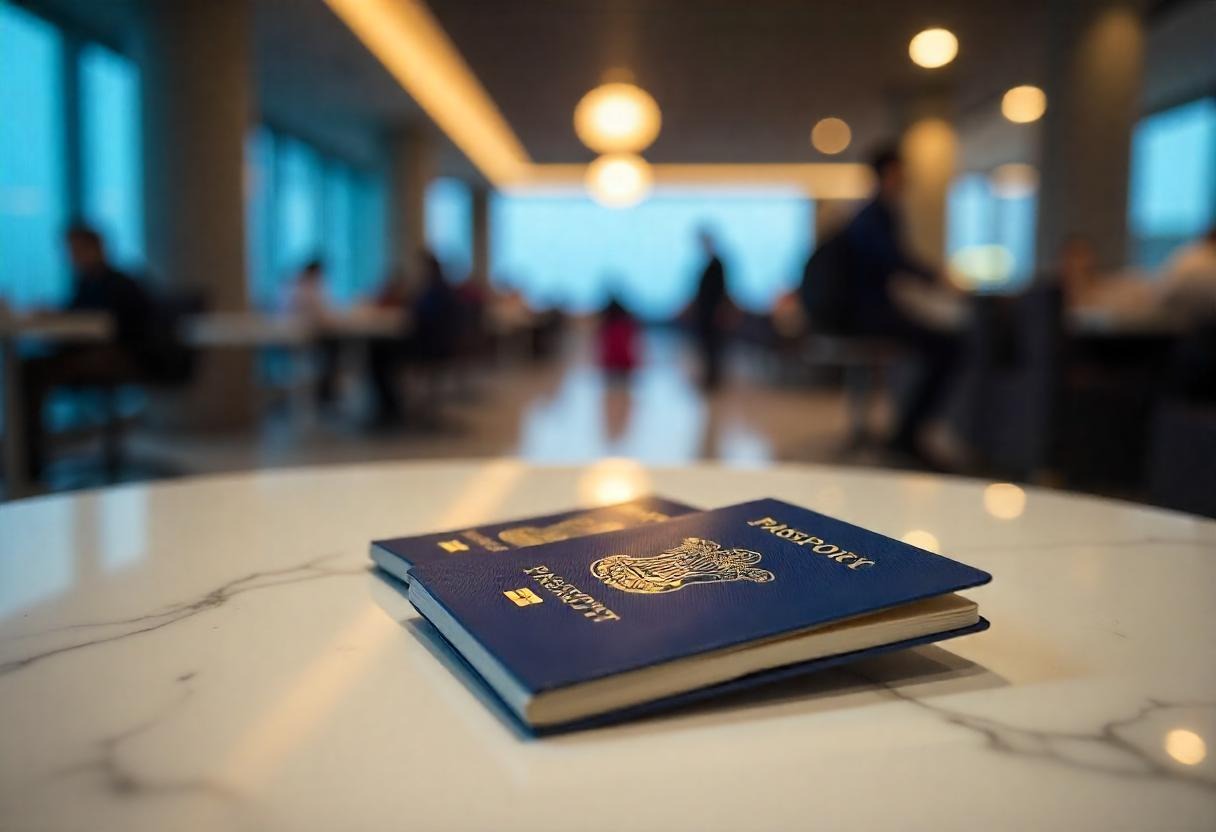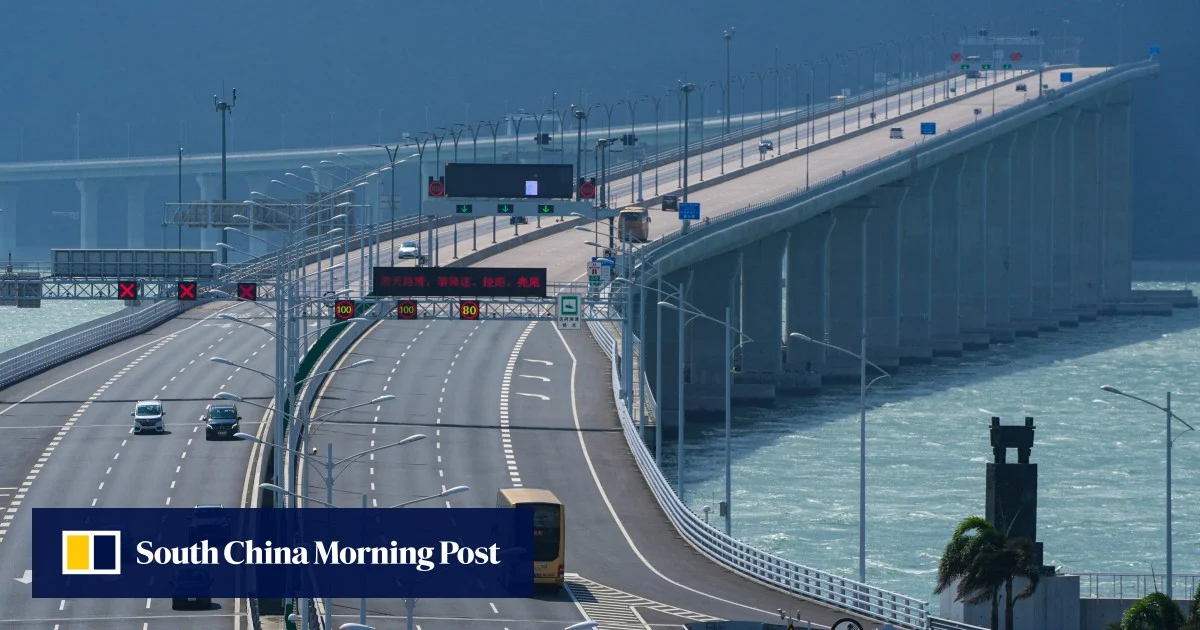Friday, June 20, 2025
Millions of British travellers are on the verge of facing a substantial rise in passport renewal fees, as the UK government seeks to tackle a growing financial crisis across its public service sectors. A recent report from the National Audit Office has revealed that HM Passport Office is grappling with a massive £223 million shortfall in the past year alone, and a cumulative five-year deficit nearing £916 million. In a bid to recover these mounting losses and close a broader £340 million gap across essential services, authorities are now considering a steep increase in passport charges—potentially up to £32 per renewal. This aggressive move, though aimed at restoring fiscal balance, threatens to place an additional burden on holidaymakers already facing rising travel expenses, fueling public concern over affordability and fairness in government service pricing.
Valencia Nightlife Leaves Tourist Disappointed as City Cracks Down on Late-Night Entertainment
A woman expecting an exciting nightlife experience in Valencia, Spain, was met with a surprisingly quiet city after dark, highlighting how changing local policies are reshaping the tourist experience in one of Spain’s most visited destinations.
Valencia, the coastal Spanish city known for its rich history, Mediterranean charm, and vibrant festivals, has long been a favorite for holidaymakers looking to unwind and enjoy lively beach bars and energetic nightclubs. However, a recent tourist visit is shedding light on a growing shift in the city’s after-dark atmosphere.
Chelsie, a remote worker and travel content creator with a significant Instagram following, recently traveled to Valencia with hopes of immersing herself in the city’s famed nightlife. But her experience painted a different picture. Documenting her journey through videos, she shared her surprise at how quiet the city became after midnight, revealing a side of Valencia that few tourists anticipate.
In her social media post, Chelsie described walking through the city center in the late hours and finding most bars closed by midnight. According to her, new local regulations — reportedly influenced by repeated noise complaints from residents — have led police to enforce early closures for bars and clubs, with a strict 1 a.m. limit in place. While she did manage to locate one establishment open until 3 a.m. on a weekday, such venues are becoming the exception rather than the norm.
Her experience sparked a wave of responses from both tourists and locals, many of whom echoed her observations. Several commenters noted that tourism has surged in Valencia in recent years, transforming the city’s character and prompting municipal efforts to reduce its impact on local life. In particular, noise pollution and overcrowding have become common grievances, leading to stricter enforcement and curfews in nightlife hotspots.
One major consequence of this tourism-driven transformation is the shift in resident behavior. Longtime locals are reportedly moving out of central neighborhoods now saturated with short-term vacation rentals, especially Airbnb listings. This exodus has reduced the presence of community-driven nightlife and replaced it with quieter, tourist-oriented experiences that wrap up earlier than expected.
Beyond nightlife restrictions, Valencia has also had to contend with environmental challenges. Just last year, the city suffered catastrophic flooding that caused widespread damage and claimed numerous lives. While not directly tied to nightlife, the event heightened awareness about city planning and sustainability, pushing local authorities to re-evaluate how they manage urban development, crowd control, and infrastructure — all of which tie into how tourism is regulated.
Despite these challenges, Valencia remains a top travel destination. Its cultural festivals, renowned cuisine, and sunny climate continue to attract visitors from around the world. However, the evolving tourism landscape means that travelers seeking non-stop nightlife may need to adjust expectations or explore beyond the city center for a more energetic scene.
For Chelsie and others like her, the experience in Valencia offers a sobering reminder that destinations can change, often in response to the very tourism that once defined them. As more cities across Europe push back against overtourism, similar nightlife restrictions and urban preservation efforts are expected to rise — making pre-trip research more crucial than ever for travelers with specific expectations.
Millions of UK holidaymakers may soon face steep passport renewal fee hikes, as the government moves to recover massive service deficits nearing £916 million. The planned increase aims to address a widening budget gap but risks adding financial strain on travellers.
In the meantime, Valencia seems to be finding a new balance — one that favors its residents’ peace while still offering pockets of vibrant nightlife for those willing to look beyond the typical tourist path.



